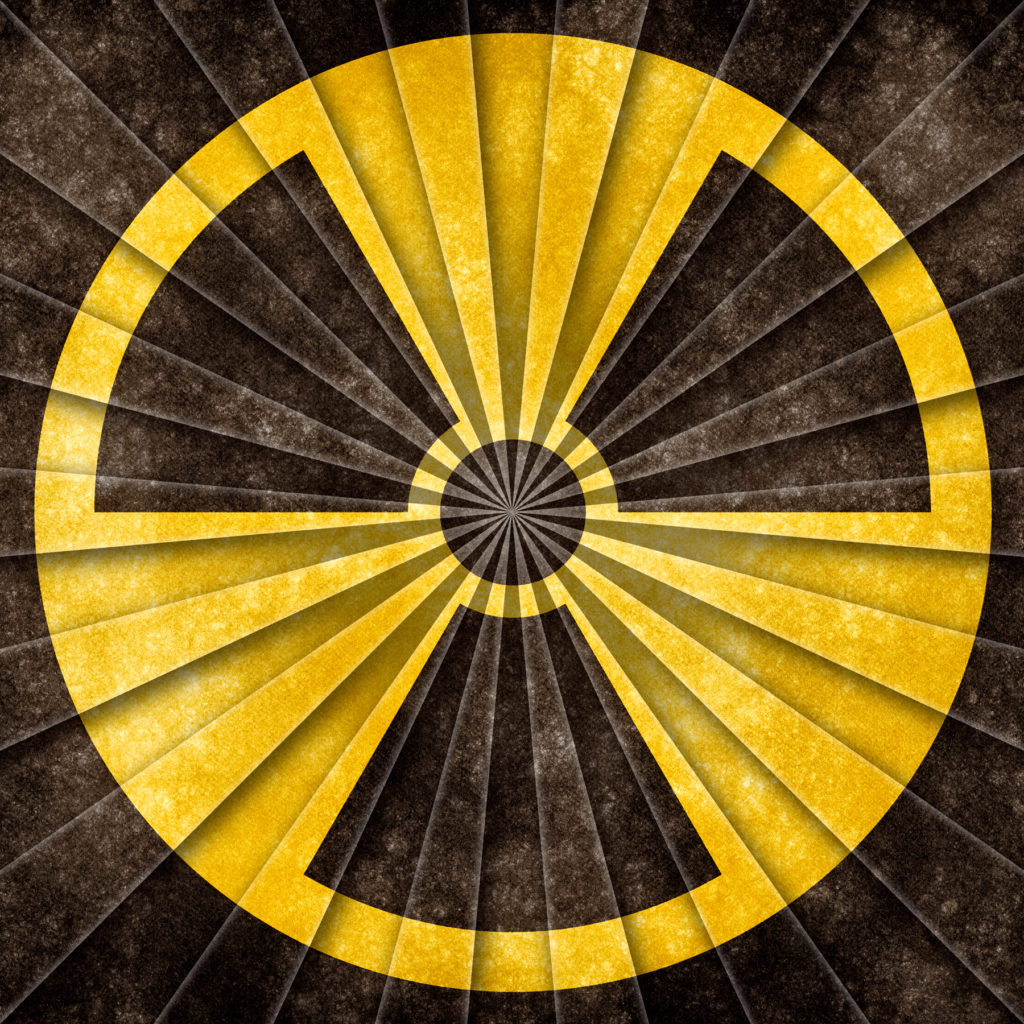The Peninsula
North Korea Must Address Nuclear Safety and Security as it Discusses Curbing its Nuclear Weapons Program
Published April 10, 2018
Category: North Korea

By Casey Robinson
Under diplomatic and economic pressure, North Korea has ceased weapons tests and has expressed a willingness to denuclearize. In meetings with South Korea, North Korean officials stated that North Korea has no need for nuclear weapons if its security is guaranteed. However, due to lingering distrust and resentment, the denuclearization of North Korea, as well as scaling back U.S. forces in South Korea, is unlikely to occur in the short-term. Consequently, North Korea’s reliability in denuclearizing will continue to be in question. Nonetheless, the North Korean government does have options to boost international confidence and reduce regional tensions in the short-term. One option that North Korea could pursue is address and enhance nuclear safety and security. A nuclear attack is not the only thing that the international community is concerned about. It is also concerned of the international consequences of a nuclear catastrophe or nuclear material landing in the wrong hands due to the North Korean government’s negligence.
Less than a week prior to its first test on October 11, 2006, the North Korean Foreign Ministry stated that it would conduct nuclear tests safely as well as prohibit the first-use and transfer of nuclear weapons. However, despite this statement, there are concerns about North Korea’s handling of its nuclear weapons program. Matt Korda, a researcher in the Department of War Studies at King’s College, expressed his concerns regarding North Korea’s safety culture. He has pointed to a video of Kim Jong-un smoking near a liquid-fueled missile and a report that 200 workers were killed in a tunnel collapse after the sixth nuclear test. Yet, Korda’s major concern is if a nuclear catastrophe occurred, North Korea would likely not ask for international assistance to address the issue. Consequently, nuclear safety in North Korea is a considerable international concern.
In addition, due to increasing concerns about terrorist groups using nuclear weapons or dirty bombs, there has been fear that North Korea would sell nuclear weapons or material to terrorist organizations. The primary argument for this is that the cash-strapped North Korean government has a history of engaging in illicit dealing and selling weapons to terrorist groups. Graham Allision, former dean of the Harvard Kennedy School, has argued for years that North Korea is capable and willing to sell nuclear weapons or materials to terrorist groups. Last year, Allision pointed to North Korea’s dealings with Syria as a precedent that North Korea will go as far as sell to terrorist organizations.
Accordingly, North Korea may benefit greatly if it were to immediately address nuclear safety and security concerns. The United States and South Korea have stated that they will not provide sanctions relief without North Korea first denuclearizing. However, not all governments share the same interests as the United States and South Korea. For example, China, which has historically shown more concern about destabilization and has a reputation of not abiding by sanctions against North Korea, would likely respond well if concerns about a nuclear catastrophe occurring south of its Northwest border decreased. The United States would likely push China to continue to pressure North Korea. However, with greater concerns about the collapse of Pyongyang, China may choose to provide North Korea with sanctions relief as long as its concerns in nuclear safety and security are addressed.
There are many concerns about the reliability of North Korea performing nuclear safety and security functions reliably. North Korea has a history of not abiding by its agreements and is too secretive to allow international scientists to assist it in improving nuclear safety and security functions. However, as Korda points out, nuclear safety (and as I would argue nuclear security) is a sincere interest of North Korea. If a severe nuclear accident were to occur, North Korea’s regime stability would be at risk. In addition, if it was proven that thousands to millions of people perished due to terrorists obtaining North Korean nuclear weapons or materials, the international reaction about North Korea would likely not be pleasant for the Kim regime. Accordingly, permitting foreign scientists in to improve nuclear safety and security functions would be in the best interest of North Korea.
North Korea has recently shown sincerity in denuclearizing, but, as a rational regime, it is unlikely to immediately denuclearize due to security concerns. However, what it can do is commit itself to improving nuclear safety and security functions within the country, which would boost confidence that it is a responsible power. Doing so may help encourage governments to provide it with sanctions relief, but would also decrease incentive to blame it for a terrorist nuclear catastrophe. While the ultimate goal should be denuclearization of the peninsula, these small steps would help enormously in moving North Korea in the right direction.
Casey Robinson is a Ph.D. candidate at Waseda University. His research interests include the DPRK, U.S. foreign policy, and international development. The views expressed here are the author’s alone.
Image from Nicolas Raymond’s photostream on flickr Creative Commons.
